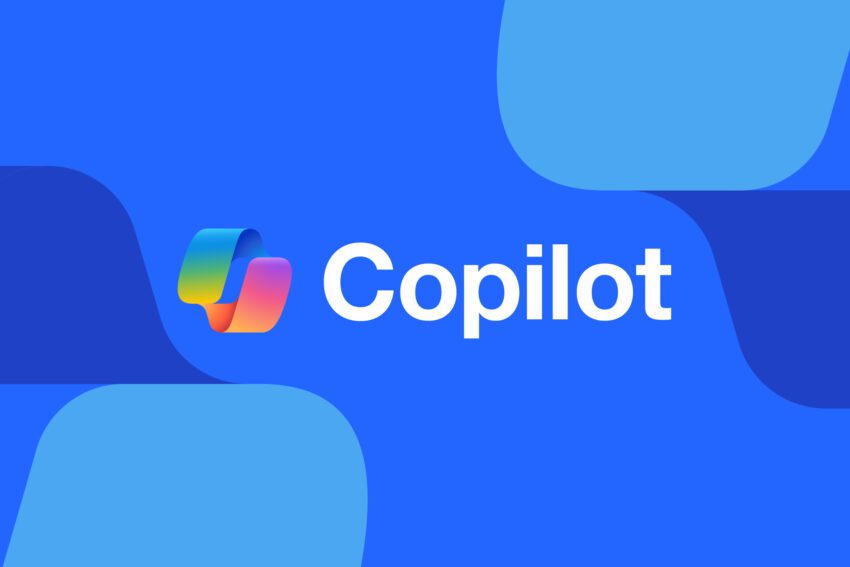
copilot is getting more personality with a Microsoft is rolling out significant changes to its Copilot AI assistant, introducing features aimed at enhancing user interaction and making the AI more personable.
copilot is getting more personality with a
Introduction of Copilot Groups
One of the most notable updates is the introduction of Copilot Groups, a feature designed to facilitate collaborative interactions among multiple users. This new capability allows groups of friends, classmates, or teammates to engage with Copilot in a single chat session. Microsoft aims to target users who need to make plans or solve problems collectively, thereby making AI a more social tool.
According to Jacob Andreou, Corporate Vice President of Product and Growth at Microsoft AI, the feature supports up to 32 participants in a single Copilot Group chat. “My guess is you’re going to see groups of two or three dominate this,” Andreou stated in an interview with The Verge. “I think it’s actually going to be a lot of small groups; it’s not going to be like your long-running group chat suddenly has an AI in it.” This insight suggests that while the feature is designed for larger groups, its practical use may lean towards smaller, more intimate settings.
Target Audience and Future Prospects
Currently, Copilot Groups is launching exclusively within the U.S. consumer version of Copilot, leaving out the business-focused Microsoft 365 Copilot for the time being. However, Andreou hinted at future expansions, stating, “I do think it’s going to be amazing in work contexts. Bringing experiences like this into Microsoft 365 are going to be really important.” This indicates a strategic move by Microsoft to enhance collaborative tools in professional settings, potentially transforming how teams interact and make decisions.
Enhanced Personality with Real Talk Mode
Another significant addition to Copilot is the optional “real talk” mode, which aims to give the AI a more engaging personality. This mode will adapt to the user’s tone and provide more nuanced responses, making interactions feel less robotic and more conversational. When Microsoft first launched Copilot as its Bing AI chatbot, it was known for its sometimes cheeky responses, occasionally referring to itself as “Sydney” and displaying a level of sass that surprised users.
While the new real talk mode does not fully resurrect the original personality of Sydney, it promises to inject more character into Copilot’s responses. “In real talk, this mode will match your tone, add its own perspective, and maybe be a little more witty than people expect,” Andreou explained. “It’s also going to challenge you, so it won’t just agree with everything you say.” This feature aims to create a more dynamic interaction, encouraging users to think critically and engage more deeply with the AI.
Implementation and Limitations
Real talk mode will not be the default setting; users will need to select it from a dropdown menu. Additionally, it will only be available in text format, not in Copilot’s voice mode. This limitation may be a strategic choice, allowing Microsoft to fine-tune the feature before expanding it to voice interactions.
Improved Memory Features
Another critical enhancement is the improvement in Copilot’s memory capabilities. The AI will now be able to remember facts about users, including details about their lives, interests, and ongoing projects. “Copilot is getting way better memory. It will be able to remember facts about you, the people you care about, your life, and the things you’re working on,” Andreou noted.
This memory feature aims to create a more personalized experience, allowing Copilot to tailor its responses based on accumulated knowledge about the user. Users will also have control over what Copilot knows about them. “You’ll be able to see a list of everything Copilot knows about you, and you’ll be able to go in and delete things,” Andreou explained. “We also really want to invest in doing a lot of this conversationally.” This means users can interact with Copilot in a natural manner to manage their data, such as asking the AI to forget specific information, like details about a partner.
Implications for User Privacy
The introduction of memory features raises important questions about user privacy and data management. As AI systems become more integrated into daily life, the ability to control what information is stored becomes increasingly critical. Microsoft’s commitment to transparency in how users can manage their data may help alleviate some concerns, but it will be essential for the company to ensure robust security measures are in place to protect user information.
Health-Related Enhancements
Microsoft is also making strides in how Copilot addresses health-related inquiries. The AI will now improve its sourcing and grounding of responses by relying on trusted medical sources, such as Harvard Health. This enhancement aims to provide users with more accurate and reliable health information.
Moreover, Copilot will assist users in finding healthcare providers efficiently. “Copilot also helps you find the right doctors quickly and confidently, matching based on location, language, and other preferences,” Andreou stated. This feature could be particularly beneficial for users seeking specialized care or those who may have language barriers, thereby expanding access to healthcare resources.
Potential Impact on Healthcare Access
The ability to quickly locate healthcare providers based on specific criteria has the potential to significantly improve user experience in navigating the healthcare system. By streamlining this process, Microsoft aims to empower users with the information they need to make informed decisions about their health.
Voice Mode Updates and the Introduction of Mico
In addition to these features, Microsoft is updating its Copilot voice mode to introduce a new character named Mico, reminiscent of the classic Clippy. Mico will react with real-time expressions and engage users in a more interactive manner, bouncing around within the Copilot window. This character aims to make interactions feel more lively and engaging, enhancing the overall user experience.
Furthermore, Mico will feature a “Learn Live” mode, designed to act as a tutor. This mode could be particularly useful for users looking to learn new skills or concepts, providing a more interactive and personalized learning experience. The introduction of Mico reflects Microsoft’s commitment to making AI more relatable and user-friendly.
Future Directions for Copilot
The enhancements to Copilot, including Copilot Groups, real talk mode, improved memory, and the introduction of Mico, signify a broader trend in AI development towards more personalized and engaging interactions. As AI technology continues to evolve, Microsoft appears to be positioning itself as a leader in creating user-centric AI solutions.
These updates not only aim to enhance user engagement but also reflect a growing understanding of the importance of social interaction in technology. By enabling collaborative features and more dynamic conversations, Microsoft is working to bridge the gap between human and machine interaction.
Conclusion
As Microsoft rolls out these significant updates to Copilot, the company is clearly focused on enhancing the user experience through personalization, collaboration, and improved functionality. The introduction of Copilot Groups and real talk mode, along with advancements in memory and health-related features, demonstrates a commitment to making AI more accessible and engaging. With these changes, Microsoft aims to redefine how users interact with AI, making it a more integral part of their daily lives.
Source: Original report
Was this helpful?
Last Modified: October 23, 2025 at 9:37 pm
1 views















